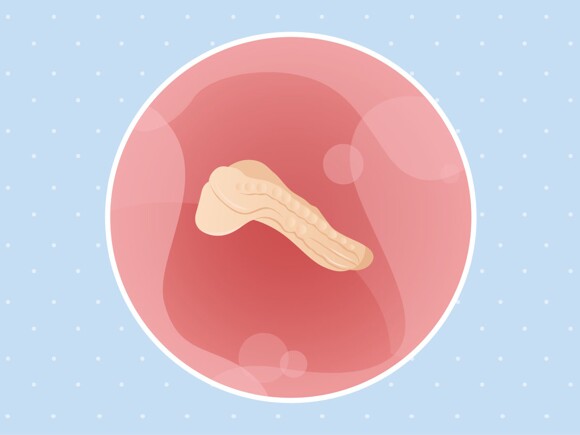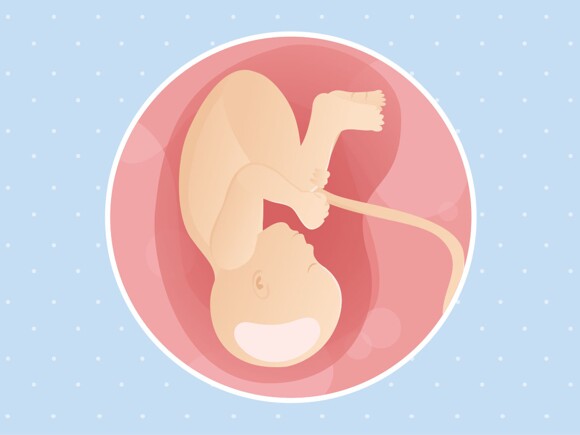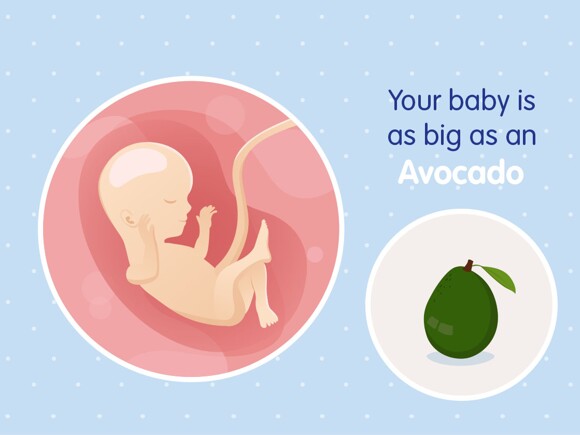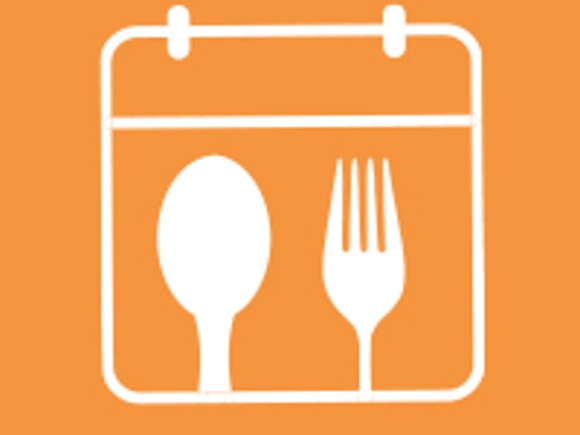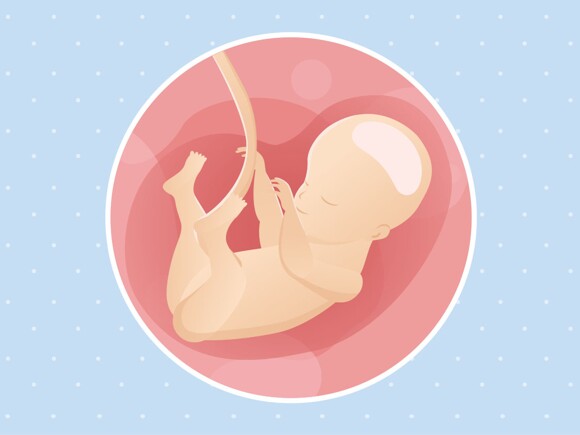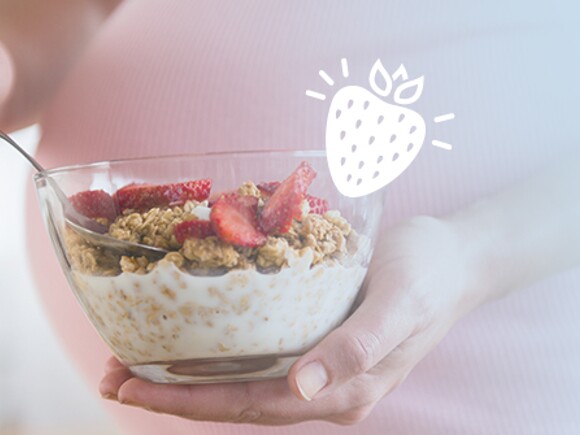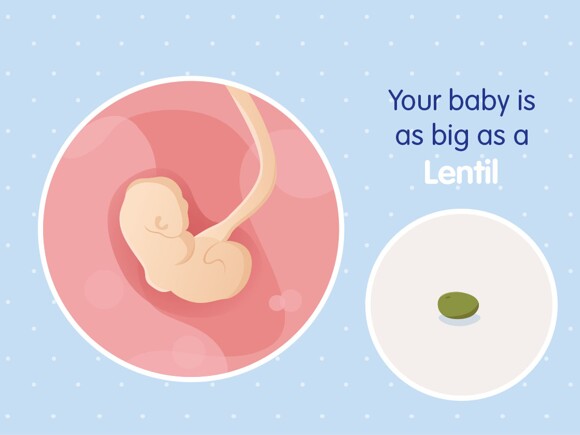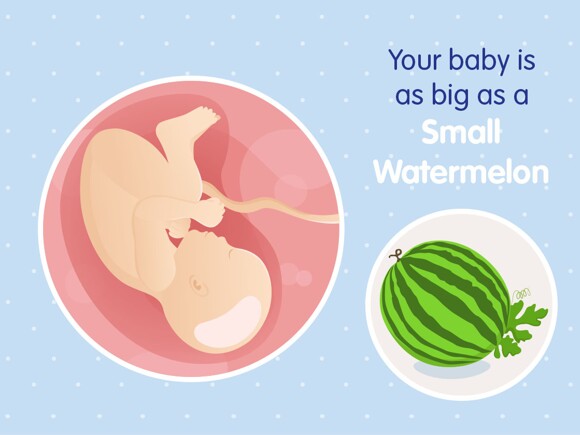Good fats during pregnancy
What are essential fatty acids good for?
Fatty acids are components of lipids: they form part of the polyunsaturated fatty acids, also known as "good fats". As their names indicate, they are essential and can only be provided through food, as the body cannot synthesise them.
The ratio between Omega 6 and Omega 3 is important. Studies have shown that in our industrialised countries, the ratio can be ranging from 10:1 to 25:1.
The primary sources of Omega 6 are corn, canola, sunflower oils; these oils are widely found in the typical western diet. By far, the healthy type of Omega 3 fats are those found in fish. It is because the Omega 3 fats in fish provide a good source of DHA and EPA. These two fatty acids are crucial to human health, particularly DHA, a fatty acid that has been linked with brain and eyes development. Research has confirmed that adequate DHA and EPA intake during pregnancy has a positive effect in visual and cognitive development of the baby.
On my plate…
The sources of Omega 3 are as follows:
- linseed oil, rapeseed oil, nut oil, soya oil
- linseeds and rapeseeds
- nuts
- fish (salmon, tuna)
- shellfish
- tofu
- eggs
- butter
- milk fortified with DHA
The sources of Omega 6 are as follows:
- eggs
- butter
- sunflower oil
- corn oil
Our practical suggestions
- To ensure a good Omega 6/Omega 3 balance, eat fish (especially fatty fish) once or twice a week and make use of rapeseed, soya or nut oils to season your salads.
- Vary the oils (olive, rapeseed, and nut) to enjoy the benefits of each of them.
- Though nuts and seeds can be good sources of Omega 3 fat, they may be hard to digest, so simply grind them for better absorption.
- If you never eat fish, speak to your doctor about this. He may prescribe an Omega 3 food supplement (in the form of fish oil, for example), where necessary.









